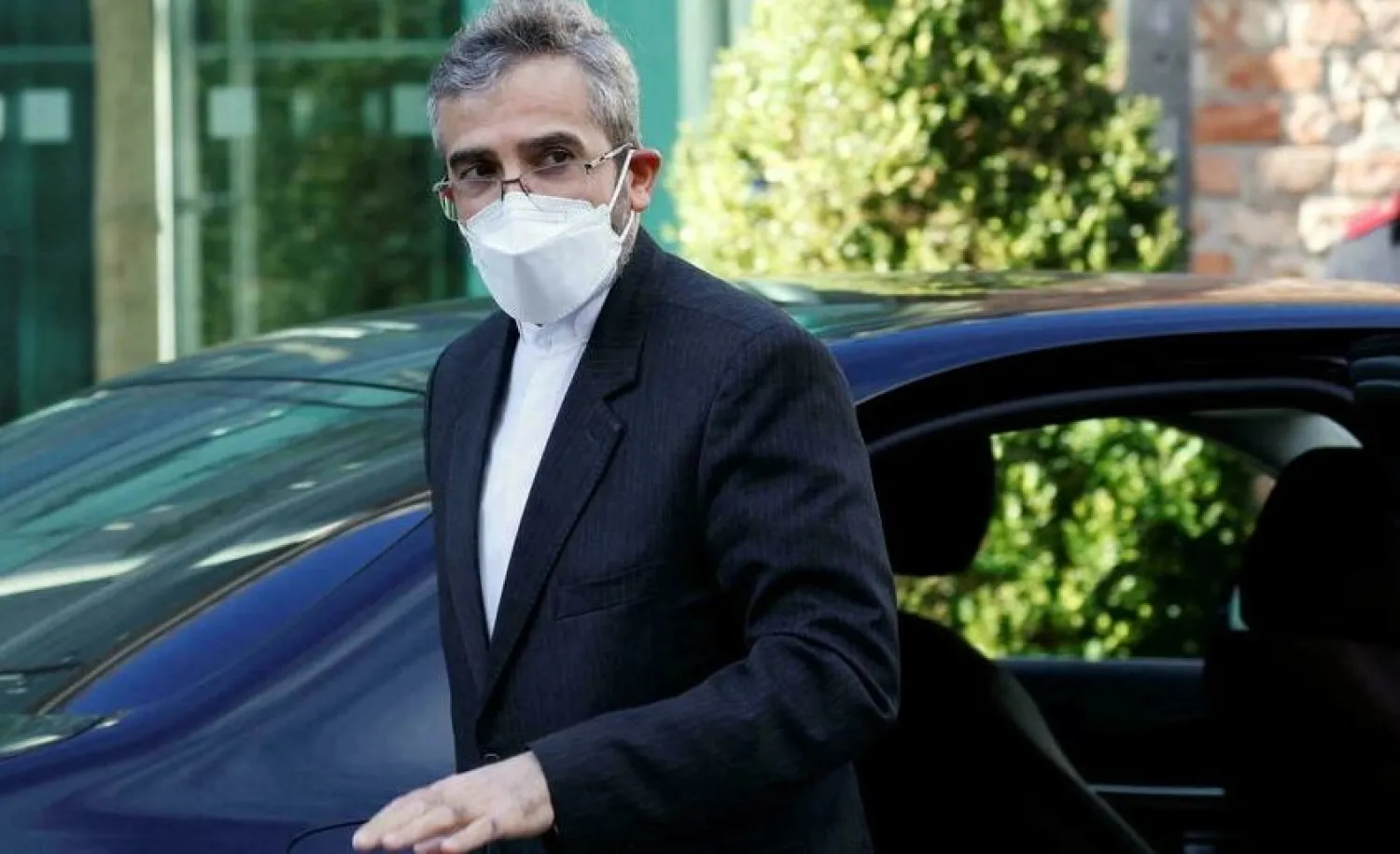Iran has just days left to accept a deal on its nuclear program at talks in Vienna, France warned on Wednesday, while Tehran’s chief negotiator promised that an agreement was closer than ever.
“It is not a question of weeks, it is a question of days,” French Foreign Minister Jean-Yves Le Drian told the Senate, adding that a major crisis would be unleashed if there is no agreement.
The Vienna talks, which involve Iran as well as Britain, China, France, Germany and Russia directly, and the United States indirectly, resumed in late November with the aim of restoring the 2015 deal.
That accord had offered Tehran sanctions relief in exchange for curbs on its nuclear program, but the United States unilaterally withdrew in 2018 and reimposed heavy economic sanctions, prompting Iran to begin rolling back on its commitments, AFP reported.
“We are closer than ever to an agreement,” Iran’s top negotiator Ali Bagheri wrote on Twitter on Wednesday. “Our negotiating partners need to be realistic, avoid intransigence and heed lessons of past 4yrs. Time for their serious decisions.”
Earlier in the day, Tehran had called on the US Congress to say Washington would commit if an agreement is reached in Vienna.
“As a matter of principle, public opinion in Iran cannot accept as a guarantee the words of a head of state, let alone the United States, due to the withdrawal of Americans” in 2018, Iran’s Foreign Minister Hossein Amir-Abdollahian told the Financial Times in an interview published on his ministry’s website.
He stressed that he had asked Iranian negotiators to propose to the Western parties that “at least their parliaments or parliament speakers, including the US Congress, can declare in the form of a political statement their commitment to the agreement.”
In 2018, then-president Donald Trump reimposed sanctions against Iran, battering the country’s economy. In response, Tehran ramped up its nuclear work, violating the terms of the 2015 deal, called the Joint Comprehensive Plan of Action (JCPOA).
Negotiations in Vienna are seeking to return Washington to the nuclear deal, including through the lifting of sanctions on Iran, and to ensure Tehran’s full compliance with its commitments.
“We need political decisions from the Iranians. They have a very clear choice,” France’s Le Drian said.
“Either they unleash a serious crisis in the next days... or they accept an agreement that respects the interests of all the parties, especially those of Iran,” he said.
He described a deal as being “within grasp” and noted there was now agreement on an accord between the European powers as well as China, Russia and the United States.
But he said that time was running out because Iran was continuing to intensify its nuclear activities.
“The more this goes on, the more Iran is accelerating its nuclear procedures,” he said.









